How would you deal with the uncertainty of living with a long term health condition?
This year’s MS Awareness Week shines a light on how the condition can be unpredictable and often invisible.
Cara Forrester from our Health and Wellbeing team was diagnosed with MS five years ago. Here, she shares:
- The symptoms that led to her diagnosis
- How it felt to be a new mum dealing with the uncertainty of MS
- Five ways she’s learned to cope
Cara, 44, says: “I consider myself lucky – I was diagnosed relatively quickly after experiencing my first symptom.
“But I know people often have to wait years, experiencing all kinds of painful and debilitating symptoms.”
Visual disturbance
Cara, from Fife, was diagnosed after having a bout of Optic Neuritis – where the optic nerve in the eye inflames.
“I was pushing my then 10-month-old son in his pram. I noticed a grey circle in my line of vision one day,” Cara explains.
“Within about a day that circle had grown and it was like looking at the world through a grey net curtain. I had almost no vision in my left eye and it was terrifying.
“The headaches were so bad I had trouble sleeping and constantly felt sick. Migraine medication wasn’t touching the pain and I was sent to hospital for a CT scan.
“The uncertainty is difficult. You don’t know what’s happening, it’s hard not to let your mind think the worst.”
The CT scan came back clear and Cara was referred to Neurology for further investigation.
“I remember thinking – thank goodness they can’t see anything on the scan, but what’s causing this?
Googling for information
“They told me it’d get better on its own – which remarkably it did over the next few weeks.
“But it was a challenging time with a young son to look after.
“I was told I had a high chance of developing MS and they’d monitor me yearly.
“I didn’t know much about MS and made the classic mistake of Googling, which filled me full of fear.
“I’d recommend always going to trusted sources like MS Society for information.”
‘I wanted answers’
Cara remembers the doctor’s formal diagnosis a year later.
“I walked into his office as Cara without MS and walked back out Cara with MS.
“It was a massive blow. But I’ve never wanted to let MS become my whole life – it’s part of me, but not all of me.
“The frustrating thing is so much of each person’s experience will be so individual. I found that really hard to grasp.
Join us for our conversation café for family and friends of those with MS.
Enjoy a cuppa and a chat with others across the UK. This session is for family and friends who have a loved one with MS.
🗓️Monday 25 April
🕢7.30pm
➡️https://t.co/9sMRkw2J1d pic.twitter.com/ZlF6AHdFlM— MS Society UK (@mssocietyuk) April 22, 2022
“I wanted definite answers – but nobody really knew how it would go for me.
Dealing with symptoms
“I’m on medication which is managing to keep my MS stable.
“My fatigue is tricky, a good night’s sleep doesn’t clear it. It feels like flu, wiping you out.
“When it’s high daily life becomes a balance of what I have to do, what I want to do and trying not to overdo!
“Some days, walking along the road, you wonder when your legs got so heavy, why you’re bones feel tired or your back aches and it’s not even 9am.
‘Five things that help me manage MS’
“When I first heard I had MS I thought my life was over. That’s not true.
“It was the uncertainty, which led to fear. And I don’t want to live my life like that.
“But, over the last five years, I’ve found things that help me manage,” Cara says.
Exercise: “Gentle exercise such as walking, yoga or gardening helps relieve stiffness.”
Meditation: “This is integral for my mental health. I use Headspace, especially at night to clear my mind and help me sleep.”
Acceptance: “It’s OK to slow life down. Accepting I have MS and I need to compromise sometimes freed up so much energy for me.”
Gratitude: “I’m so grateful for my family and friends – and have a lot to be thankful for.
“Taking time to find good things in every day life is important.”
Be kind to yourself: “Back in the early days, I thought I had to fight against it, to be strong, to be positive and brave.
“But it’s also OK to feel sad or angry. At times I still am.
“I’ve got better at recognising when I feel like that, dealing with it and not bottling it up.
“MS can take a lot from you, but it can’t take your humour or your spirit.”
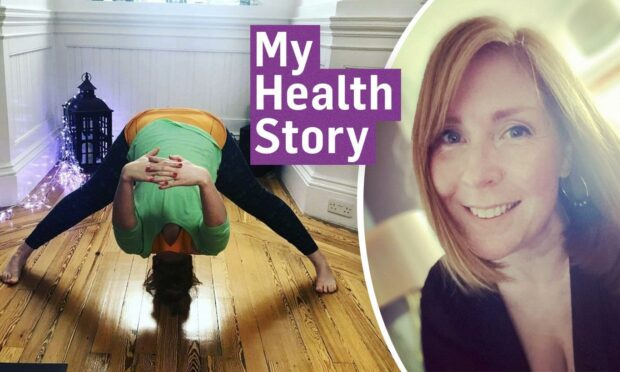
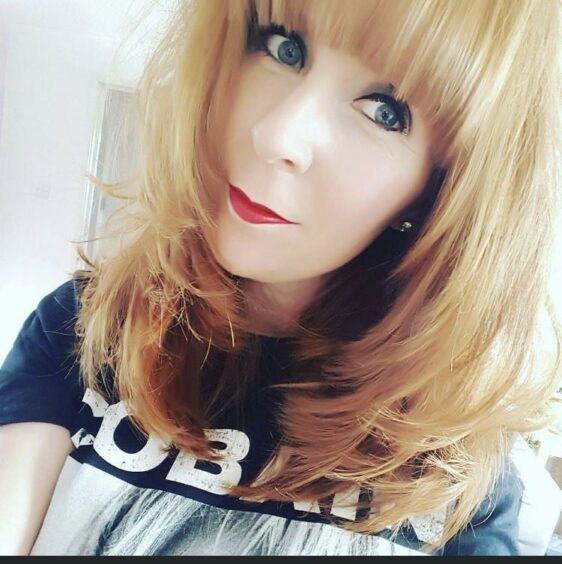

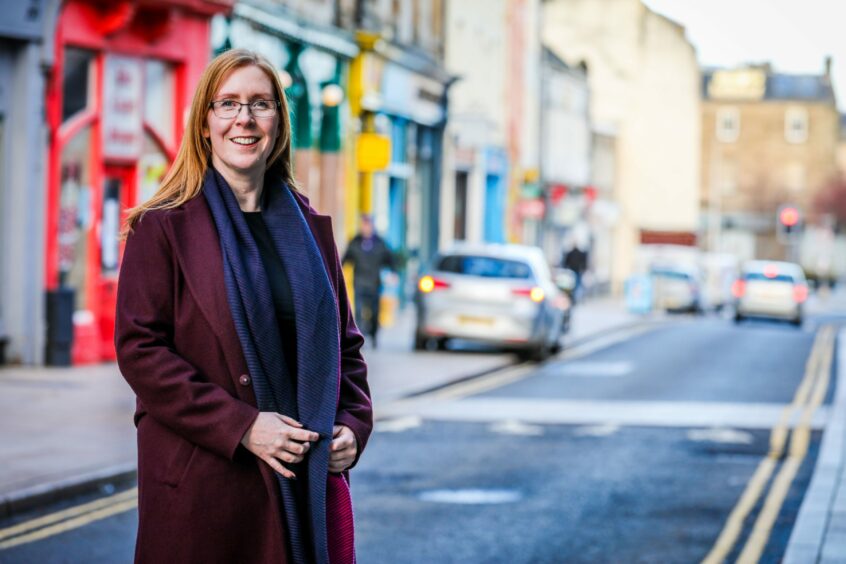

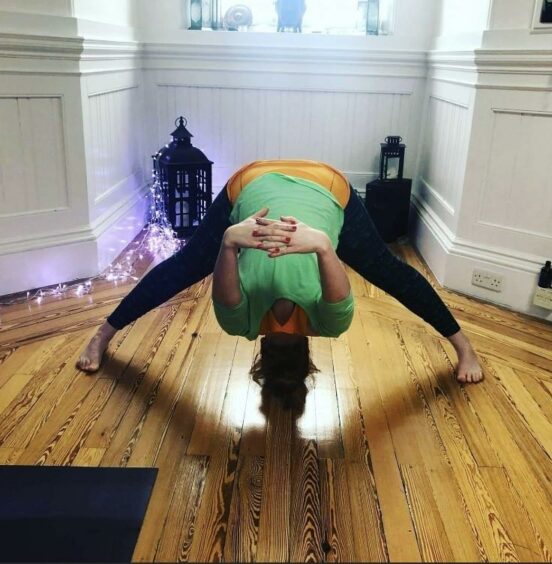

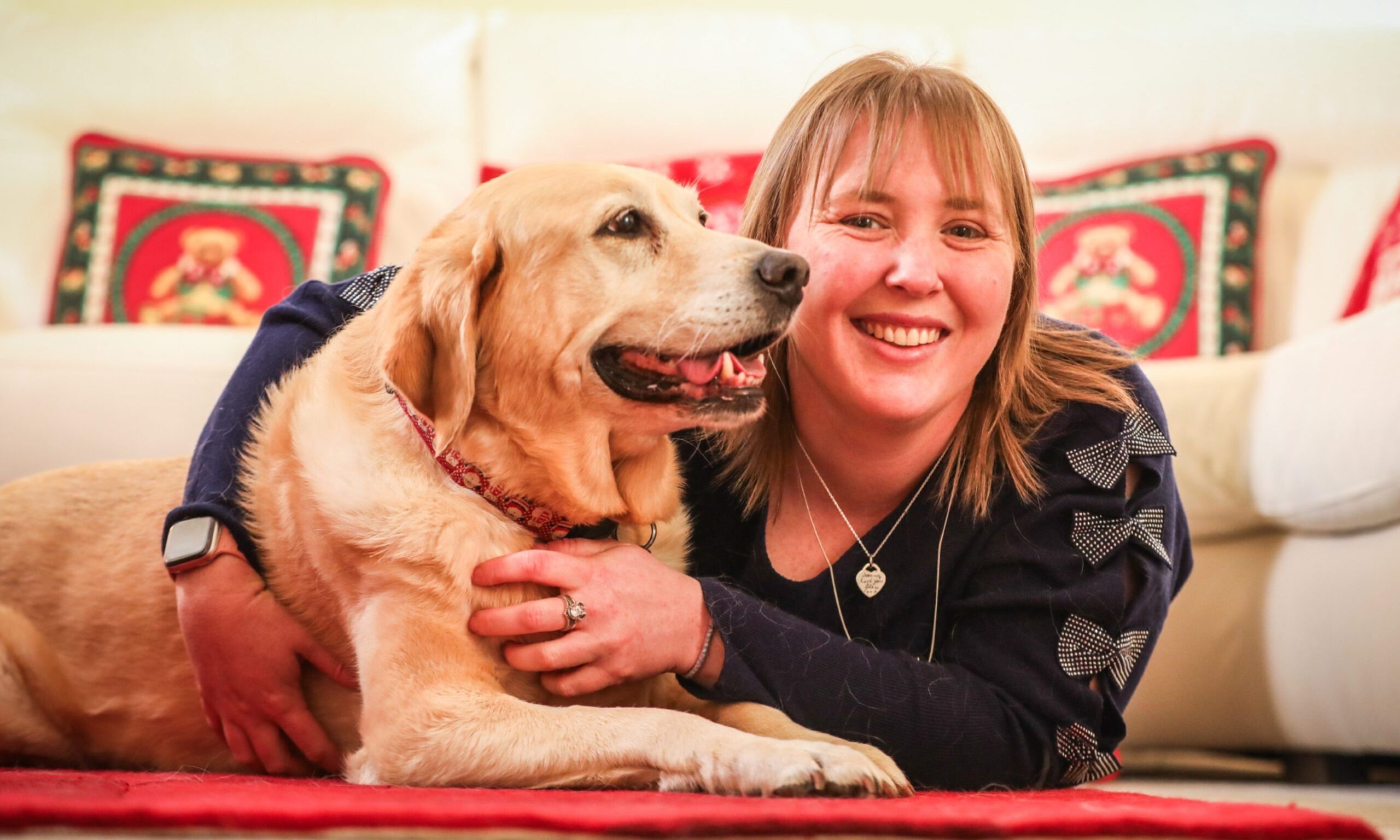
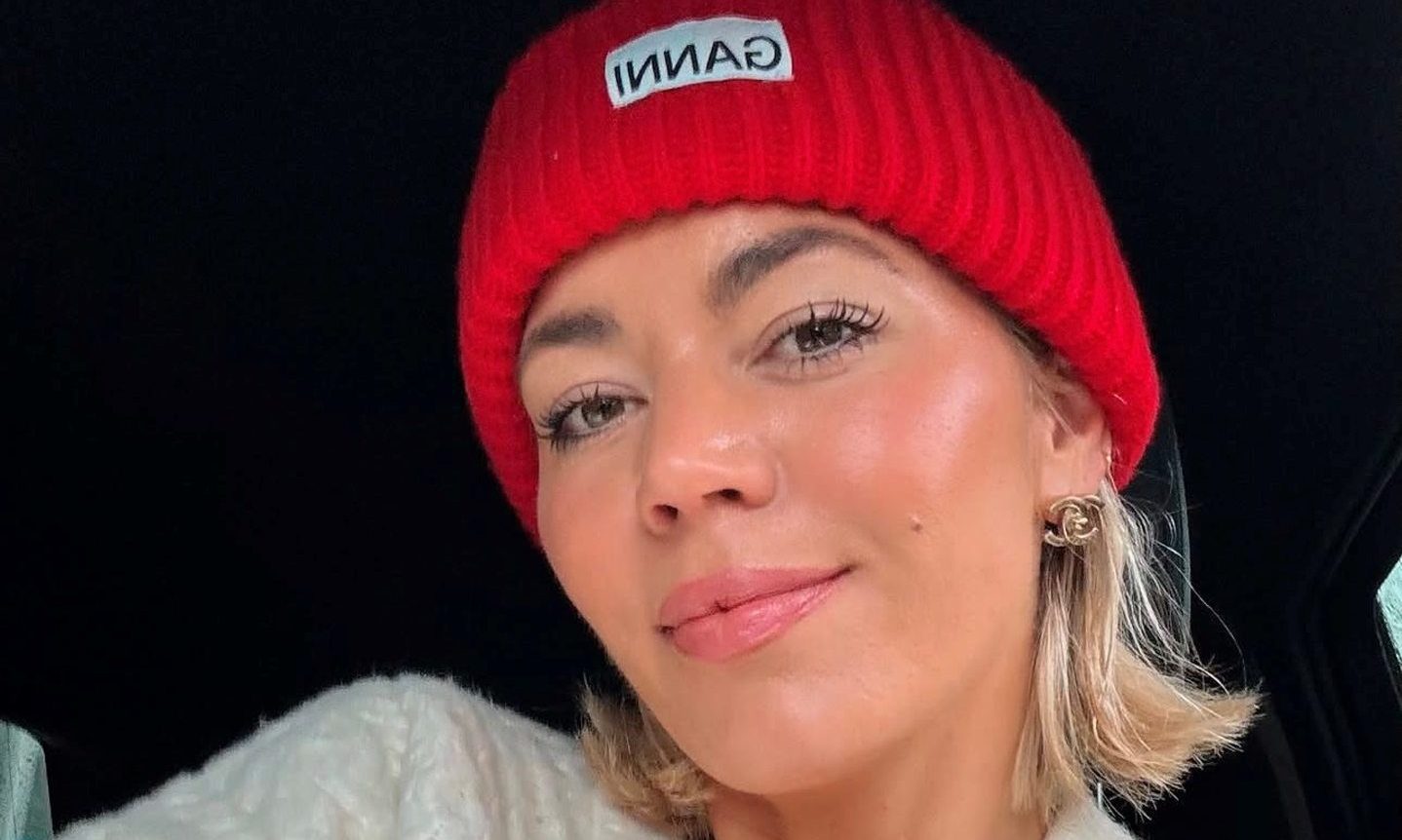

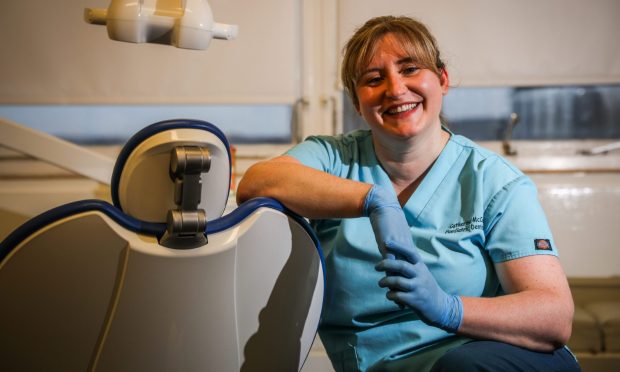



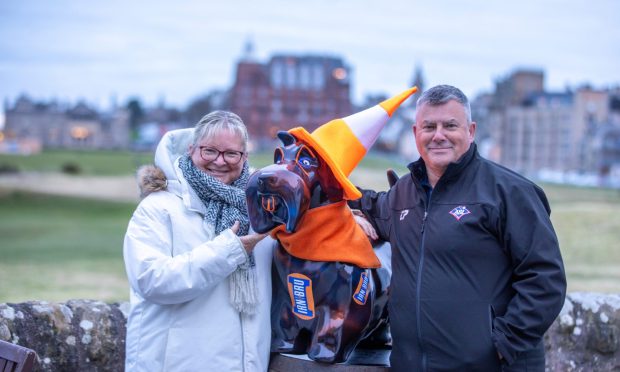

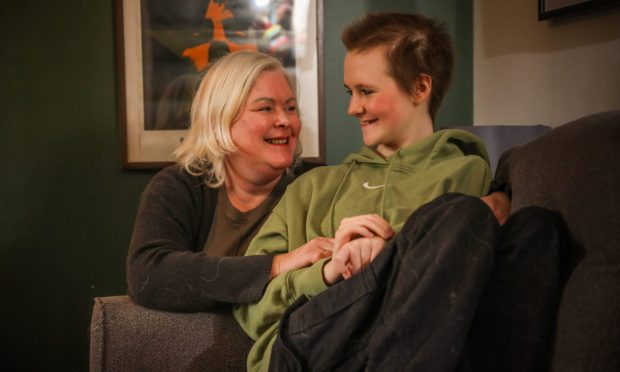
Conversation